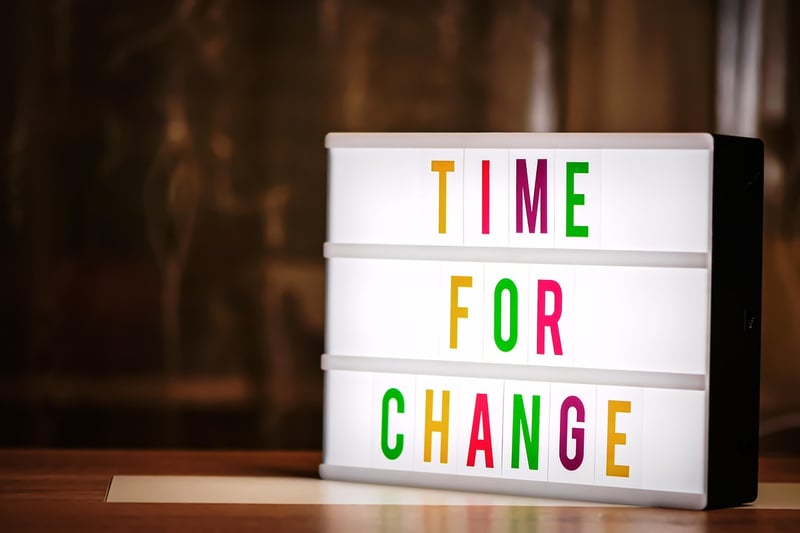Changing the Past
The Moral Implications of Time Travel and Changing the Past
Time travel has long been a topic of fascination in science fiction, raising questions about the potential consequences of altering the past. While the idea of changing historical events or correcting past mistakes may seem appealing, the moral implications of such actions are profound and complex.
1. Altering the Course of History
One of the primary concerns with changing the past is the butterfly effect – the concept that even small alterations can have far-reaching and unpredictable effects on the future. By meddling with the past, time travelers risk inadvertently causing harm or creating new problems that may be even worse than the ones they seek to fix.
2. Ethical Dilemmas
Time travel raises ethical dilemmas about the rights of individuals and the preservation of free will. Is it morally justifiable to interfere with the choices and experiences of people in the past, potentially robbing them of their autonomy and altering the course of their lives without their consent?
3. Paradoxes and Grandfather Paradox
The concept of paradoxes, such as the famous grandfather paradox, adds another layer of moral complexity to time travel. If a time traveler were to go back in time and prevent their grandfather from meeting their grandmother, thus preventing their own birth, it raises questions about the morality of erasing one's own existence.
4. Responsibility and Accountability
Those who engage in time travel must consider the moral responsibility that comes with their actions. Changing the past can have wide-ranging repercussions, and time travelers must be prepared to accept the consequences of their interventions, even if they are unforeseen or unintended.
5. Respect for History and Cultural Integrity
Preserving the integrity of historical events and respecting the cultural heritage of different time periods is another important moral consideration. By altering the past, time travelers risk distorting the collective memory of humanity and undermining the significance of past struggles and achievements.
Conclusion
While the idea of changing the past may hold a certain allure, the moral implications of time travel are profound and raise important questions about ethics, responsibility, and respect for the fabric of history. Ultimately, the decision to alter the past is not one to be taken lightly, as the consequences of such actions could have far-reaching and irreversible effects on the course of human history.
Image source: Pixabay

